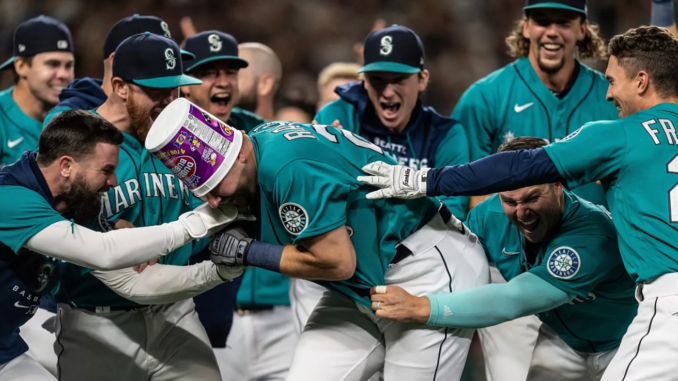
PEORIA, Ariz. — Luis Castillo finds his greatest peace far from the noise of baseball, drifting across the Atlantic on his boat, La Piedra, miles from his beachfront home in Las Salinas de Bani, Dominican Republic. No social media, no MLB Network, no distractions—just fishing for mahi mahi, yellowfin tuna, snapper, and redfish.
This love for the ocean is something he shared with his father, Luis Sr., who taught him both how to fish and how to throw a baseball while growing up in nearby Bani. Now, even as a major league pitcher, those two passions remain central to his life. After the grind of an MLB season, he retreats to the water to reset.
“When I’m out there, I’m just trying to clear my mind,” Castillo said through interpreter Freddy Llanos. The farther he drifts from the shore, the less likely he is to receive trade rumors from friends or a call from his agent. “When I’m out there fishing, I’m not hearing anything. When I get back home, that’s when I will get calls.”

After signing a five-year, $108 million contract extension with the Mariners in 2022—including a no-trade clause through 2025—Castillo didn’t expect to be the subject of offseason trade speculation. Mariners president of baseball operations Jerry Dipoto even reassured the rotation that dealing a starter would be a last resort.
But as the market for pitching exploded, with contracts like Luis Severino’s three-year, $67 million deal and Max Fried’s eight-year, $218 million agreement, Castillo’s remaining three years at $22.75 million per season looked like a bargain. The Mariners began listening to trade offers—not actively shopping him, but exploring possibilities if the right player became available.
Out of respect, the front office informed Castillo and his agent of the discussions, gauging potential teams he’d consider waiving his no-trade clause for.
“I didn’t really have a big reaction to it,” Castillo said. “I still had the no-trade clause. But if the team wanted to talk about it, who knows? You never know in this business.”
Would he have waived it for a team like the Yankees, who would require him to cut his long dreadlocks?
“If I didn’t have that option, it’s less likely now,” he said with a chuckle.
Ultimately, no trade materialized. Some teams were hesitant about the language surrounding Castillo’s $25 million vesting option for 2028, while others were unwilling to part with MLB-ready talent.
“We chose to hold on to Luis and the other four starters, as we expected,” Dipoto said.
That decision suited Castillo just fine.
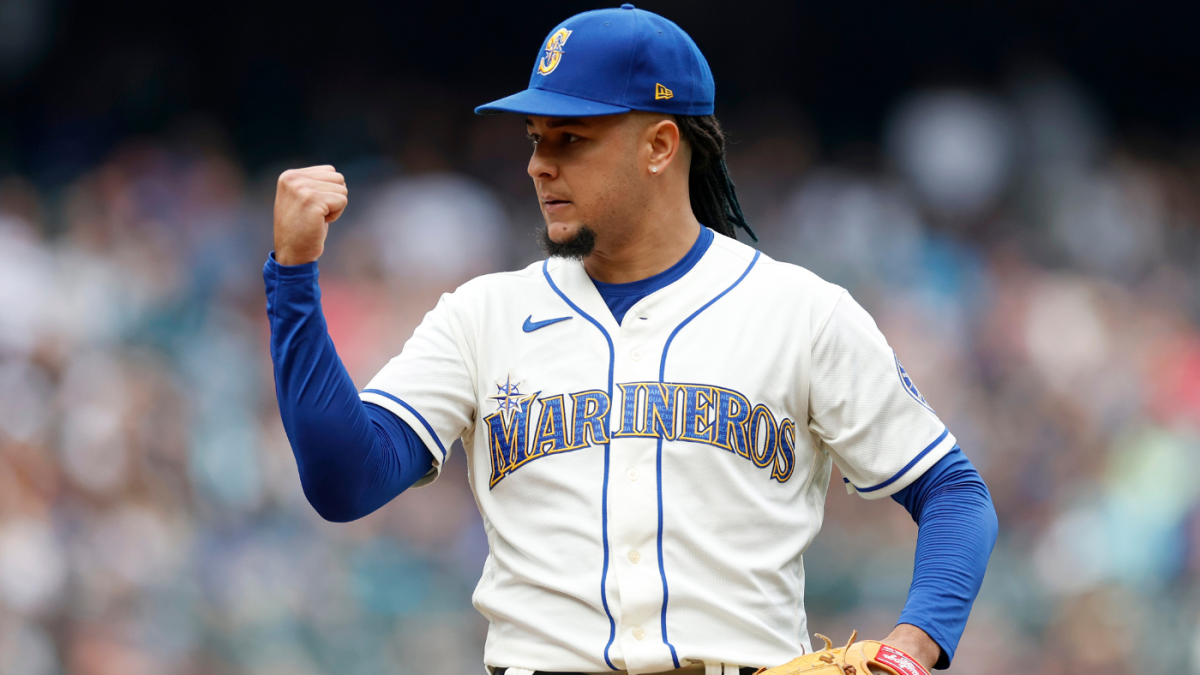
“I’m 100% happy,” he said. “This rotation has so much talent, and this is my third year here. It feels like family now.”
Still, some insiders believe the Mariners won’t hesitate to trade him once his no-trade clause expires after this season, given the financial commitments ahead.
For now, he remains the veteran leader of one of the best rotations in baseball.
“It was a little scary at first, just because of who Luis is and what he means to us,” teammate Logan Gilbert said. “I didn’t think any of our starters would be traded, but it’s expensive to sign free agents, especially hitters in Seattle. So you never know if that’s how we get a big bat.”
Castillo is coming off a solid but slightly underwhelming season, missing the final month due to a hamstring injury. He still managed 30 starts, going 11-12 with a 3.64 ERA, 175 strikeouts, and 47 walks over 175 1/3 innings. Even before the injury, his command wavered, and his changeup wasn’t as sharp as in years past.
“It was frustrating,” he admitted. “I’ve never had an injury that late in the season before.”
Had the Mariners made the postseason, Castillo would have been ready.
“I was throwing bullpens and working with trainers. The mentality was I’d be ready for the playoffs.”
Instead, Seattle fell one game short of the postseason for the second consecutive year.
Now, the focus is on Castillo regaining his 2023 All-Star form, when he went 14-9 with a 3.34 ERA and finished fifth in AL Cy Young voting.
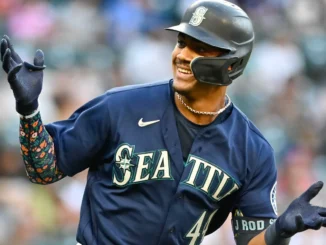
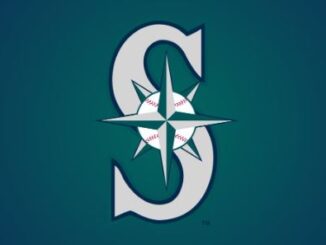
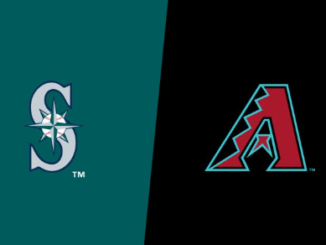
Be the first to comment